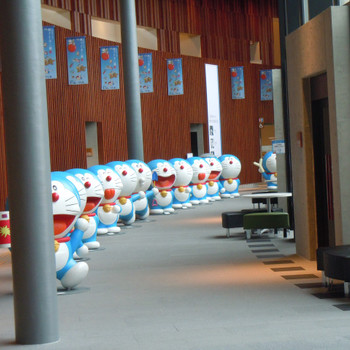Why was the Bataan Death March considered a war crime?
1 Answer
There was a large number of executions of POWs. The Japanese provided little water of other supplies and often shot those who collapsed from exhaustion.
Explanation:
The entire march was about 70 miles. The walk to the rail head then the walk to the Prison Camp from the train.
Initially there was no ill treatment but Officers did not control the understandable anger caused by combat. The Officers also began to exact revenge. There was unhappiness about the number of POWs as the Japanese had estimated there would be less. The POWs interfered with the preparations for the next phase in the battle: the capturing of Corregidor Island. The POWs had to be moved.
This explains the over hasty, under planned nature of the operation. As the Japanese have withdrawn from the League of Nations there was no expected standard of treatment in place for POWs. Without a regulation to enforce and a hurry up, uncaring attitude from senior command then disaster followed.
Japanese career Officers went to the Military Academy at Ichigaya during their adolescence. The training was so intensive and the food so bad that Japanese Officers tended to be smaller physically than their soldiers (the reverse of most armies). It also made them very tough. (Dirty little Secrets of World War 2, Dunnigan and Nofi.) The Officers were unlikely to be sympathetic to prisoners.

